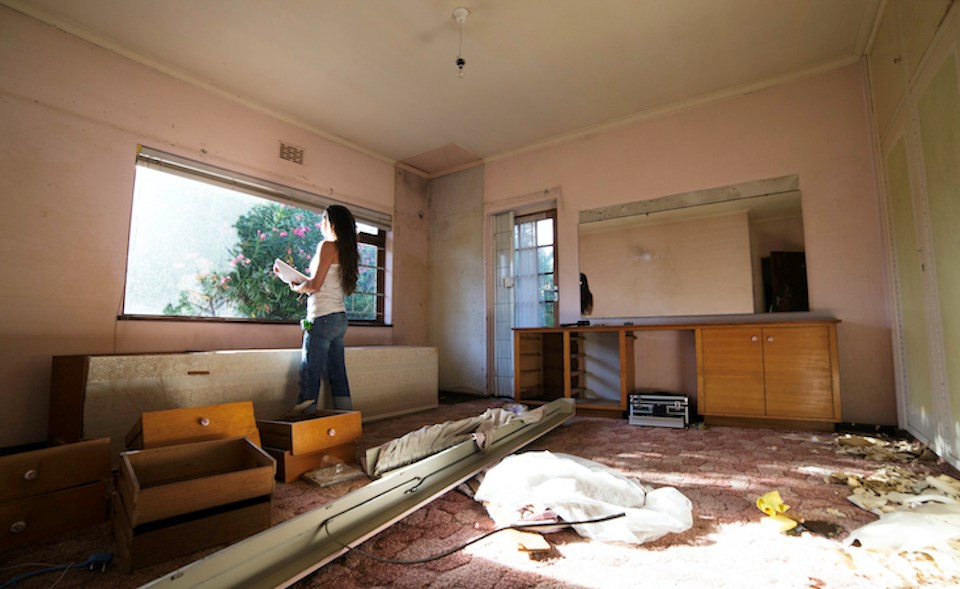A B.C. tenant left a unit in such poor condition that a landlord's autistic son could not move in.
In a with the Residential Tenancy Branch (RTB), a tenant applied for monetary compensation for their landlord not using the rental unit for the purpose stated in the notice to end the tenancy.
The month-to-month tenancy commenced on July 13, 2018, and the tenants left the unit at the end of March 2022. A monthly rent of $2,200 was due on the first of each month and the landlord collected a security deposit of $1,100 and a pet deposit of $1,100 at the start of the tenancy.
The three-bedroom rental dwelling has a separate unit that is also rented out.
The landlord did not do a move-in or move-out condition inspection but the tenant verbally told the landlord to keep both deposits at the tenancy. The tenants did not provide the landlord with a forwarding address in writing.
The landlord served the tenants by email and in person with a two-month notice to end the tenancy for personal use of the property. The notice states the tenants must vacate the space by Feb. 28, 2022, because the landlord's son will be moving in. The tenants did not dispute the notice.
The landlord wanted their autistic son to occupy the rental unit and the other son would occupy the separate unit at the property. The son was excited about this possibility and looked forward to moving in. However, the rental unit's poor condition at the end of the tenancy was unfit for use. When he came to check it out in April 2022, it grossed him out and "he lost his nerve."
The unit was not livable until July 2022 following extensive cleaning and repairs. By then, the other son was accepted into university and could not move into the adjacent unit, meaning the autistic son couldn't move in without his brother. The landlord was reluctant to push him to move into the unit because he has several special needs and challenges
The landlord put the property on the market because the son wouldn't move in. It sold in October 2022 at a loss.
Extensive damages and a "hoarding situation"
According to the landlord's testimony, the damages and issues were extensive, including a "hoarding situation." They said the damages were so extensive that "everything had to be done."
The landlord's first witness (GM) has been a licensed real estate agent for 22 years and said the unit was in "perfect condition" when they started renting it. By the end of tenancies, the condition of both units was "as bad as they had ever seen" and had a "rancid smell."
The landlord’s second witness (BE) is a journeyman carpenter and house builder and formerly an inspector. He said the unit was a "disaster" when he first saw it with items all over." A hazmat company had to remove the insulation and the witness had to wear a mask to go inside; it smelled badly of animal urine and feces, and animals had peed on the torn carpet. A cat litter box was set up on the window of the second bedroom and its contents leaked down the wall to the electric baseboard heater. Nicotine stained the bedroom walls.
BE noted that the rental unit had to be renovated with new floors, drywall, and insulation in the attic space. Spaces for rodents to enter in the carport area were closed. The renovations took about four or five months.
The landlord’s third witness (LHW) helps to remediate homes and said she believed it cost over $70,000 to remediate, including ripping up and replacing floors, replacing appliances, and fixing the horrible odours.
The tenant's witness (CM) said he believed the landlord was deceptive and always planned to sell the home. He had been renovicted three times previously. The witness said he has an acute sense of smell and could not smell urine in the rental unit. He also said it was messy but the damages weren't as extensive as the other witnesses stated.
The RTB said the photographs showed a rental unit that was very unclean and it accepted that the landlord’s claim that their autistic son was not willing or able to move in.
"In the circumstances, I am satisfied that extenuating circumstances existed that prevented the landlord from accomplishing the purpose for ending the tenancy," the board stated.
The tenant’s application was dismissed in March 2023.



